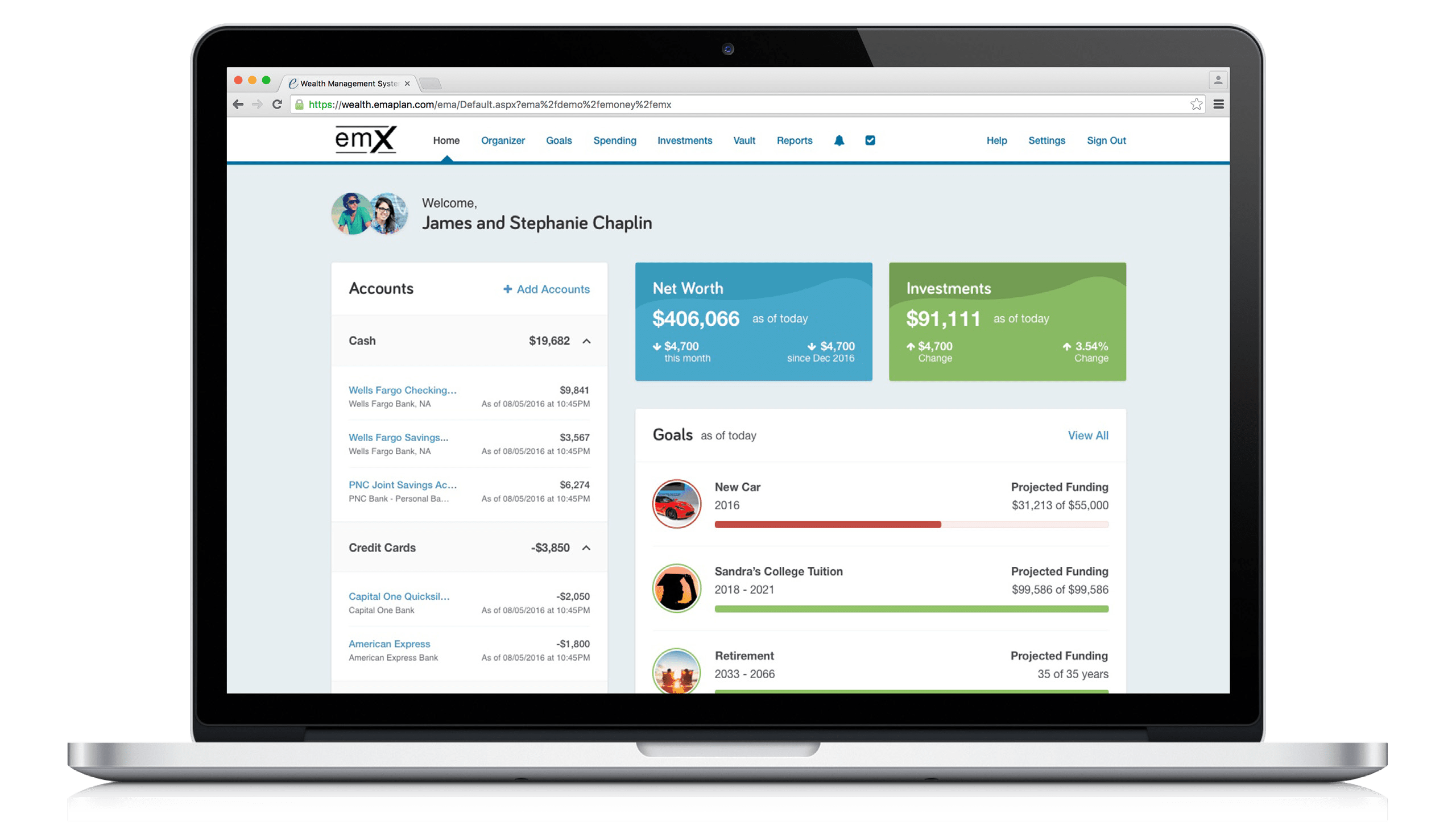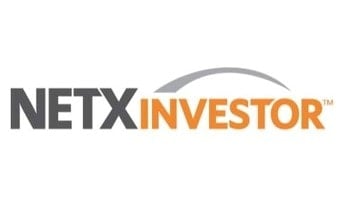A long time ago, someone taught me an important fact: “Perception lags reality.”
It takes most of us a long time to internalize change, to realize that our old models of how things work are no longer valid and need to be replaced with a new understanding that is more accurate.
Nowhere is this truer than in the field of financial advisory services. When I first tell someone that I’m a financial advisor, almost invariably she’ll respond with a comment or question about investing. That’s because the old model of a financial advisor is the ‘stock broker’: someone who buys and sells stocks and other investments on behalf of their clients. Yet those days are long gone. We have been able to buy our own stocks (and other investments) since the ’70s. More importantly, however, today’s holistic financial advisors spend more of their time on non-investment issues than on our clients’ portfolios. But even our own clients sometimes forget that we’re here for more than market updates.
If it has anything to do with money – even if it’s not about investing – we can probably help. If you’re not sure, ask. It’s what we’re here for. The chances are that we’ll either be able to help or will know someone who can.
Retirement? Sure. But There’s More To It
The link between financial planners and retirement planning is pretty clear. But unless you’ve gone through a retirement planning process, you probably have no idea what it entails. And if you’re not ready to retire anytime soon, you’re likely to think that the whole exercise is irrelevant to you.
Yet because the core of retirement planning is cash flow or resource planning, anybody can benefit from this exercise – especially younger individuals and families. Think of it this way: most middle class workers will earn several millions of dollars over their working lives. But developing a long-term, big-picture understanding of, and plan for, how money will come into and be used in their lives is something most people don’t have the tools or the time to do. (When) Should you buy that house? (How) Should you pay for higher education? How do you trade off your short-term needs and wants against longer-term goals you may have? Have you ever thought about your longer-term goals? Indeed, if you begin in your 30s, by the time you do get to retirement you’ll probably have such a firm handle on these issues that your ‘retirement plan’ will be no big effort. Starting early means never having to say you weren’t prepared.
Financial Planners: Underused Resource
Beyond the fundamentals of investing and retirement planning, there are many opportunities to draw on the expertise of your financial planner in ways that you may not have realized:
- Estate planning. No, we aren’t lawyers, but we’ve spent a lot of time understanding the financial aspects of estate planning. And because we know our clients, we have a perspective that an attorney you’re working with for the first time may not enjoy. We welcome the chance to collaborate on your estate plan. We can usually help.
- Tax planning is a similar story. We truly appreciate what tax professionals do, but we typically think about different, longer-term tax issues and opportunities. You benefit from both.
- Did you go out and open up a 529 Plan on your own? If you had asked, we could have given you access to one of the top plans in the country for no additional cost. And in addition, we could have helped you not just save for college but actually pay less to send your kids.
- If you signed up for Social Security without consulting an advisor, you may have left hundreds of thousands of dollars on the table. We can show you how to maximize your benefits, sometimes in unexpected ways.
- Thinking about life insurance? How much do you really need? I mean really. We’re not selling anything, so we can give you objective advice. We can also help you find a low-cost provider – and it’s not the one you see on TV.
- Elder Care planning. Unless you’ve been through this with a loved one, you probably have no idea what this is or how to approach thinking about a time when you may not be able to care for yourself or make good decisions. We can help.
- Stock options, anyone? Private stock? Do you know what to do?
- Do you own a business? Have you thought about how to create a benefits package for yourself?
- Are you in funk about your money? Are you the supremely confident type? Or do you want to stick your head in the sand and just make it all go away? Here’s the thing: we’re learning a lot about the fact that most human beings aren’t very good at doing the things that they should be doing to make the most of their money. (Hint: that’s why a recent Nobel Laureate in economics is actually a psychologist.) Most of us need to undertake some real self-discovery to understand our own strengths and weaknesses when it comes to money. This is something a good financial advisor can really help you with.
So the next time you think about a financial advisor, remember: a good one does much, much more than investing.
Jane Beule
9 February 2016



